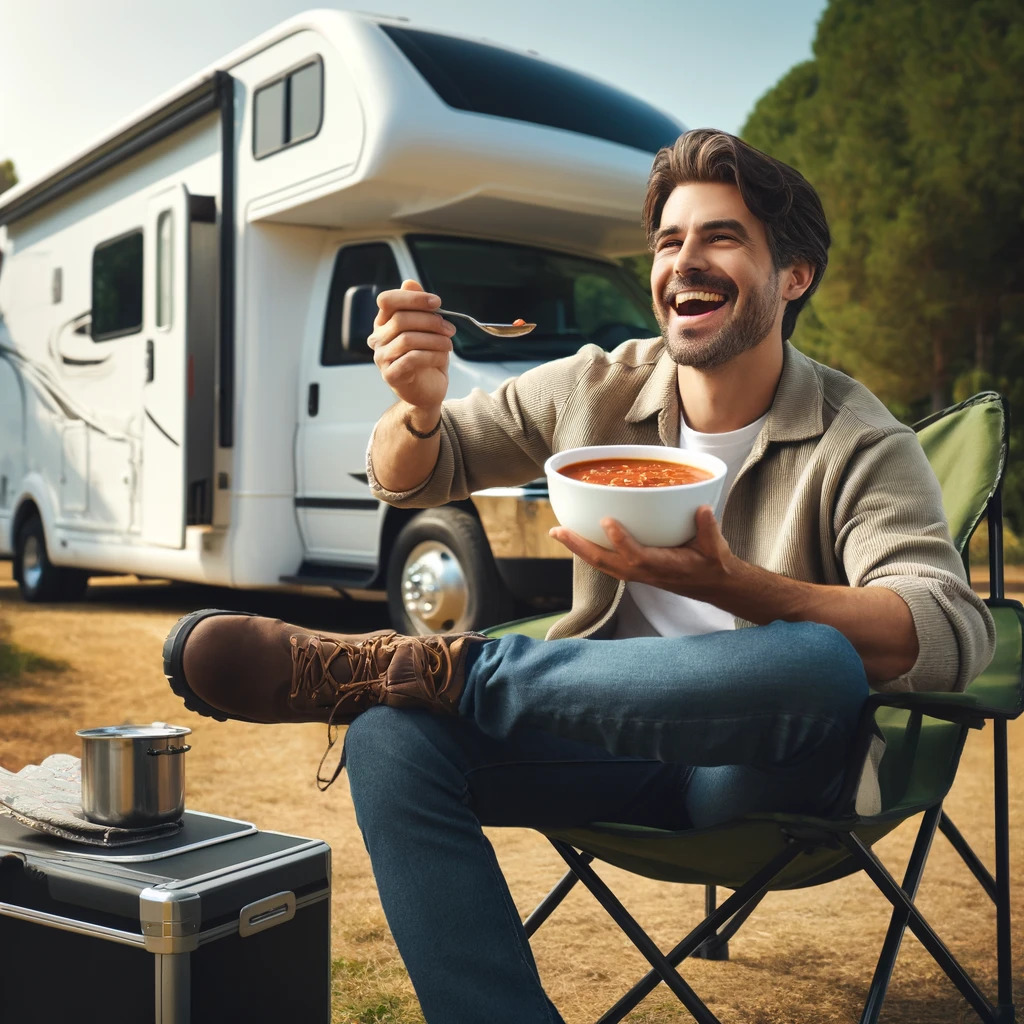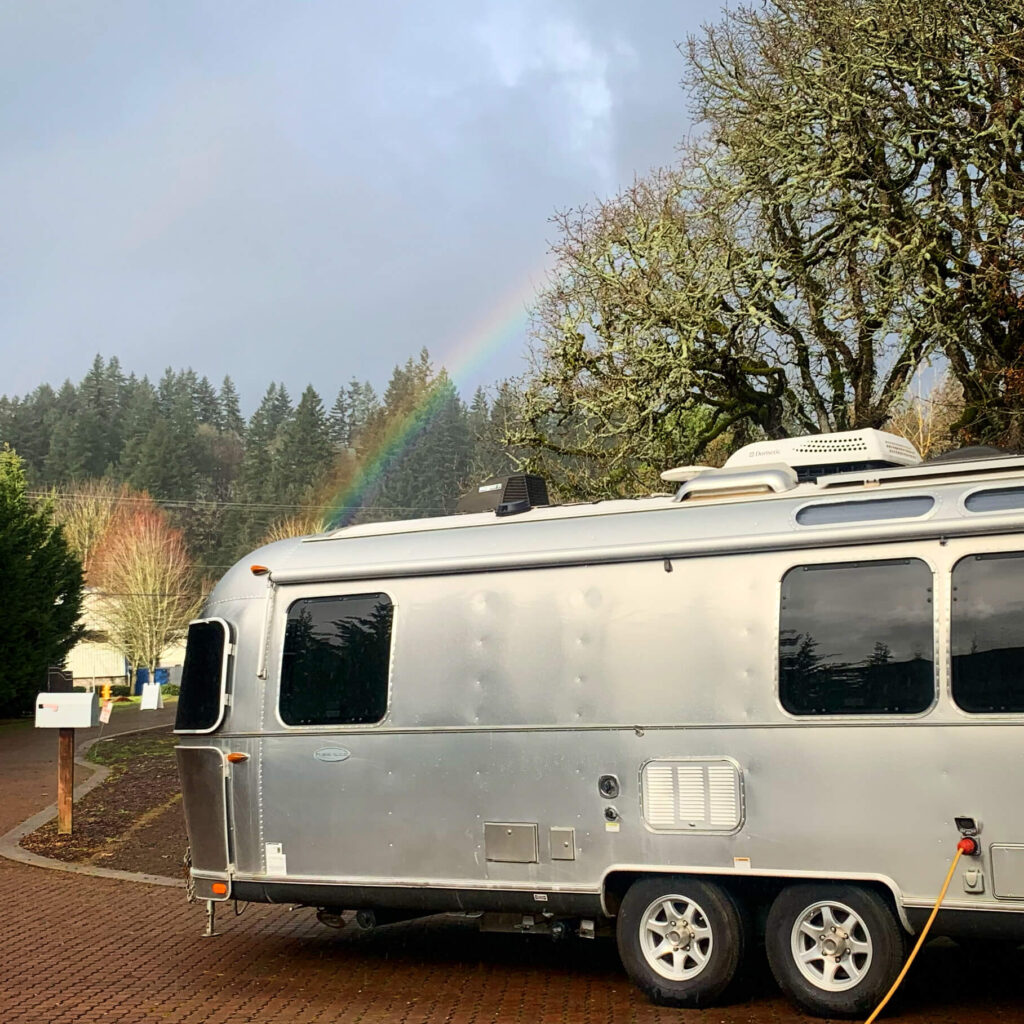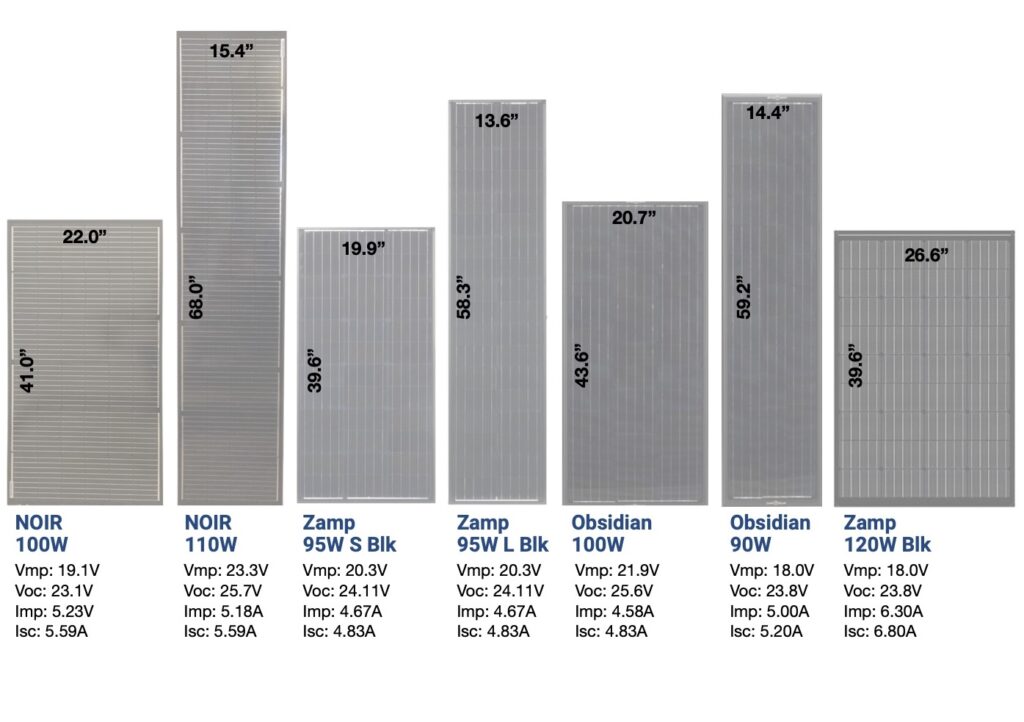Welcome to the exciting world of recreational vehicles (RVs) and the freedom of the open road! Whether you’re planning a weekend getaway, a cross-country road trip, or a summer of exploring nature’s wonders, an RV offers a unique and flexible way to travel. But as with any adventure, preparation is key, especially for RV newbies. This comprehensive guide is tailored to help beginners understand the essentials of their home-on-wheels before setting off on their camping journey.
Camping in an RV is an experience unlike any other. It combines the comfort of having your amenities with the thrill of exploring the great outdoors. Imagine waking up to the sound of birds chirping outside your window, brewing a fresh cup of coffee in your own kitchen, and then stepping out to bask in the beauty of a sunrise in a national park or along a serene lakeside. That’s the RV lifestyle – a perfect blend of adventure and home comforts.
However, as liberating as it sounds, embarking on an RV trip without proper knowledge can lead to challenges and frustrations. Unlike a typical car trip, RV camping involves considerations such as navigating a larger vehicle, understanding complex systems like plumbing and power, and knowing how to live comfortably in a compact space. That’s why it’s crucial for first-time RV owners to familiarize themselves with their vehicle and its operations.
From the mechanics of driving a large vehicle to the intricacies of its maintenance, and from the joys of setting up a cozy campsite to the etiquette of RV parks, there’s a lot to learn. But fear not! This guide will walk you through all the essentials, ensuring you’re well-prepared for your first foray into the RV world. We’ll cover everything from choosing the right RV, understanding its various systems, planning your trip, and even tips on how to make your RV feel like a home away from home.
So, buckle up and get ready for an informative journey that will equip you with all the knowledge you need for a successful and memorable RV camping experience. Whether you’re a solo traveler, a couple, or a family, your RV camping trip awaits. Let’s get started with these RV tips!
1. Understanding Your RV’s Class: Size and Features Matter
RVs come in various classes, each with unique features and sizes. Class A motorhomes are the largest, offering luxurious amenities but requiring skill to maneuver. Class B RVs, or camper vans, are more compact, perfect for easier driving and less formal campsites. Class C motorhomes strike a balance, providing comfort without being overly cumbersome. Knowing your RV’s class helps in planning routes, selecting campsites, and ensuring a smooth journey.
2. Mastering the Art of Driving and Towing
Driving an RV is different from driving a car. Practice in a safe, open area to get a feel for its size and handling, especially if it’s a larger model. If your RV requires towing, understand the dynamics of towing a travel trailer or fifth wheel. Ensure your vehicle is capable of towing the weight and familiarize yourself with hitching and unhitching procedures.
3. Power Systems: Switch to Solar
RVs typically have a mix of AC (alternating current) from generators or hookups and DC (direct current) from batteries. But solar power systems for RVs offer an efficient way to generate electricity on the go, without having to worry about finding hookups. Comprised of solar panels, a charge controller, batteries, and an inverter, these systems harness the sun’s energy to power appliances and lights, reducing reliance on external power sources and promoting travel off the grid.
4. Water and Plumbing Basics
Your RV’s water system is a critical component. Understand the difference between fresh, gray, and black water tanks. Learn how to fill your freshwater tank and how to connect to a campsite’s water supply. Equally important is knowing how to empty and clean the gray and black water tanks, adhering to environmental guidelines and campground rules.
5. Navigating Heating, Ventilation, and Air Conditioning (HVAC)
Familiarize yourself with the RV’s HVAC system. This includes understanding how to efficiently use the air conditioning, heater, and ventilation system. Know the power requirements for each and how to maintain a comfortable temperature without overloading your power supply.
6. Propane System: Safety and Usage
Propane powers many RV appliances like stoves, ovens, and sometimes refrigerators. Learn how to safely operate the propane system, check for leaks, and refill propane tanks. Always prioritize safety when dealing with flammable substances.
7. Space and Storage Management
Maximizing space and organizing storage efficiently is key to a comfortable RV experience. Know the weight capacity of your RV and distribute weight evenly. Utilize built-in storage solutions and consider additional organization hacks like command hooks, plastic containers, magnetic strips and bungee cords to keep your living space clutter-free.
8. Maintenance and Emergency Preparedness
Routine maintenance is essential for an RV. Check tire pressure, engine oil, and other fluids before every trip. Have a basic toolkit and understand simple repairs you might need to perform. Also, prepare an emergency kit with essential items like a first aid kit, flashlights, extra blankets and adequate food and water.
9. Connectivity and Entertainment
In today’s world, staying connected is often a necessity. Learn about your RV’s Wi-Fi capabilities, satellite, or antenna for TV and radio. Plan for entertainment during downtime, whether that’s digital devices, board games, or outdoor activities.
10. Understanding Local Laws and Campground Etiquette
Each state and campground may have different laws and regulations regarding RV camping. Research in advance about speed limits, size restrictions, and any specific rules of the campgrounds you plan to visit whether they’re on public lands in a state park or the national forest. Respect campground and RV resort rules, like noise levels, pet policies, and site cleanliness.
11. Navigating and Route Planning
Plan your route considering the size and capabilities of your RV. Use RV-friendly GPS apps or devices that account for bridge heights and road widths. Plan for rest stops and consider the locations of RV parks or campgrounds along your route. Be sure to check the weather forecast beforehand. If you’re planning a winter camping trip and traveling mountain roads, be aware of winter conditions and proceed cautiously.
12. The Importance of Insurance and Roadside Assistance
Ensure you have appropriate insurance coverage for your RV. Understand what your policy covers in case of accidents, theft, or damage. Additionally, consider a roadside assistance plan specifically for RVs, which can be a lifesaver in case of mechanical issues.
13. Cooking and Meal Planning
Cooking in an RV requires planning due to limited space and resources. Plan your meals, understand the limitations of your RV kitchen, and stock up on essential groceries. Consider easy-to-prepare camp meals that don’t require a lot of cooking space or energy.
14. Personalizing Your Space
Make your RV feel like home. Personal items like comfortable bedding (especially for cold weather), decorative items, and outdoor gear can enhance your camping experience. However, remember to keep decorations functional and space-efficient.
15. Learning from the Community
Finally, the RV community is a valuable resource. Join online forums, social media groups, or local clubs to gain insights, RV camping tips, and tricks from experienced RVers. They can offer invaluable advice, especially for RV beginners.
As you prepare for your RV adventure, remember that knowledge is the key to a successful and enjoyable trip. Take the time to understand your RV inside and out and embrace the learning process. Happy camping!




